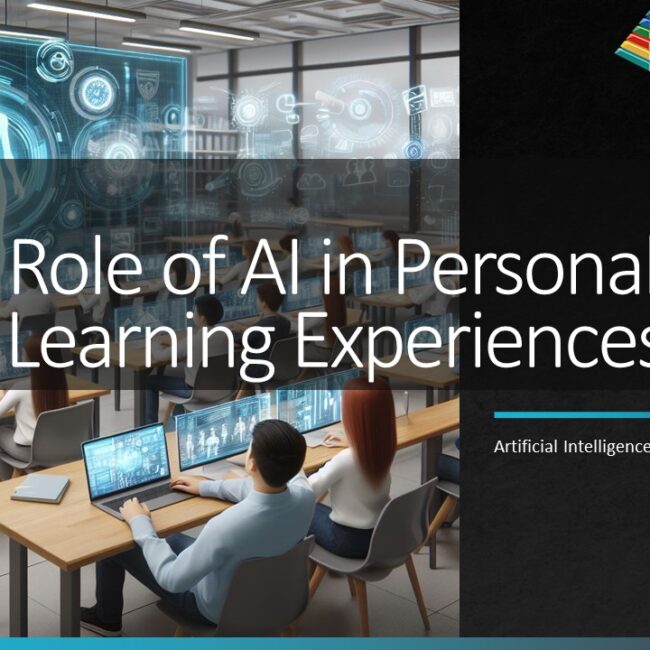
Leveraging AI to Personalize Patient Care: The Future of Hospital Management Software
The healthcare industry stands on the brink of a digital revolution, led by Artificial Intelligence (AI). This revolution is transforming the way hospitals manage patient care, making it more personalized and efficient. For decision-makers in healthcare, understanding how AI can enhance hospital management software is crucial for staying ahead. Here’s a breakdown of the key points.
Understanding AI in Healthcare
At its core, AI involves machines performing tasks that typically require human intelligence. In healthcare, this translates to software systems that can analyze data, recognize patterns, and make decisions to improve patient outcomes and hospital operations.
Personalizing Patient Care with AI
The true power of AI lies in its ability to personalize care at an unprecedented scale. Here’s how:
- Predictive Analytics: AI algorithms can sift through vast amounts of patient data to identify health risks before they become issues. For example, by analyzing past medical records, AI can predict which patients are at risk of chronic diseases and enable early intervention.
- Customized Treatment Plans: AI helps in crafting treatment plans tailored to the individual’s genetic makeup, lifestyle, and health history, increasing the effectiveness of treatments.
- Enhanced Patient Engagement: AI-powered apps and tools can provide patients with real-time health monitoring and personalized health advice, keeping them engaged in their care process.
The Impact on Hospital Management
Integrating AI into hospital management software streamlines operations in several ways:
- Operational Efficiency: AI can automate administrative tasks such as scheduling, billing, and compliance reporting, freeing up staff to focus on patient care.
- Improved Decision Making: AI-driven data analytics can provide hospital administrators with insights into operational bottlenecks, patient flow, and resource utilization, aiding in informed decision-making.
- Enhanced Patient Experience: By reducing wait times, optimizing treatment plans, and offering personalized health insights, AI improves the overall patient experience.
Implementation Challenges and Considerations
While the benefits are vast, implementing AI in hospital management software comes with its challenges. Data privacy and security are paramount, given the sensitive nature of health information. Ensuring compliance with health regulations like HIPAA (Health Insurance Portability and Accountability Act) is essential. Furthermore, training staff to use AI-powered systems effectively is crucial for maximizing benefits.
The Future is Now
The integration of AI into hospital management software is not a distant future concept; it’s happening now. Forward-thinking healthcare facilities are already leveraging AI to enhance patient care and operational efficiency. For decision-makers, the message is clear: embracing AI is key to delivering personalized patient care and ensuring the sustainability of healthcare operations in the digital age.
By understanding and acting on the potential of AI, healthcare decision-makers can lead their organizations towards a future where patient care is more personalized, efficient, and impactful than ever before.




